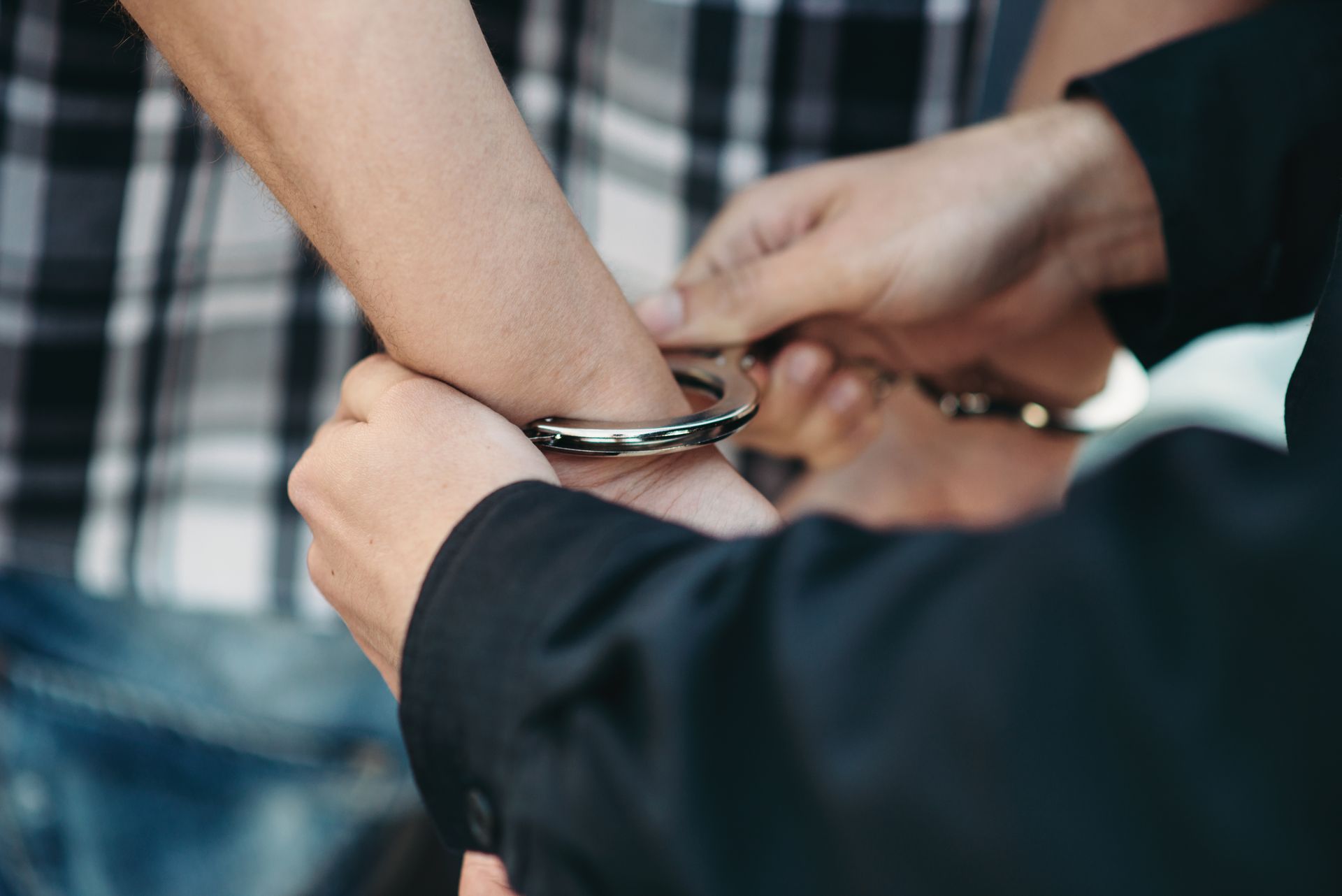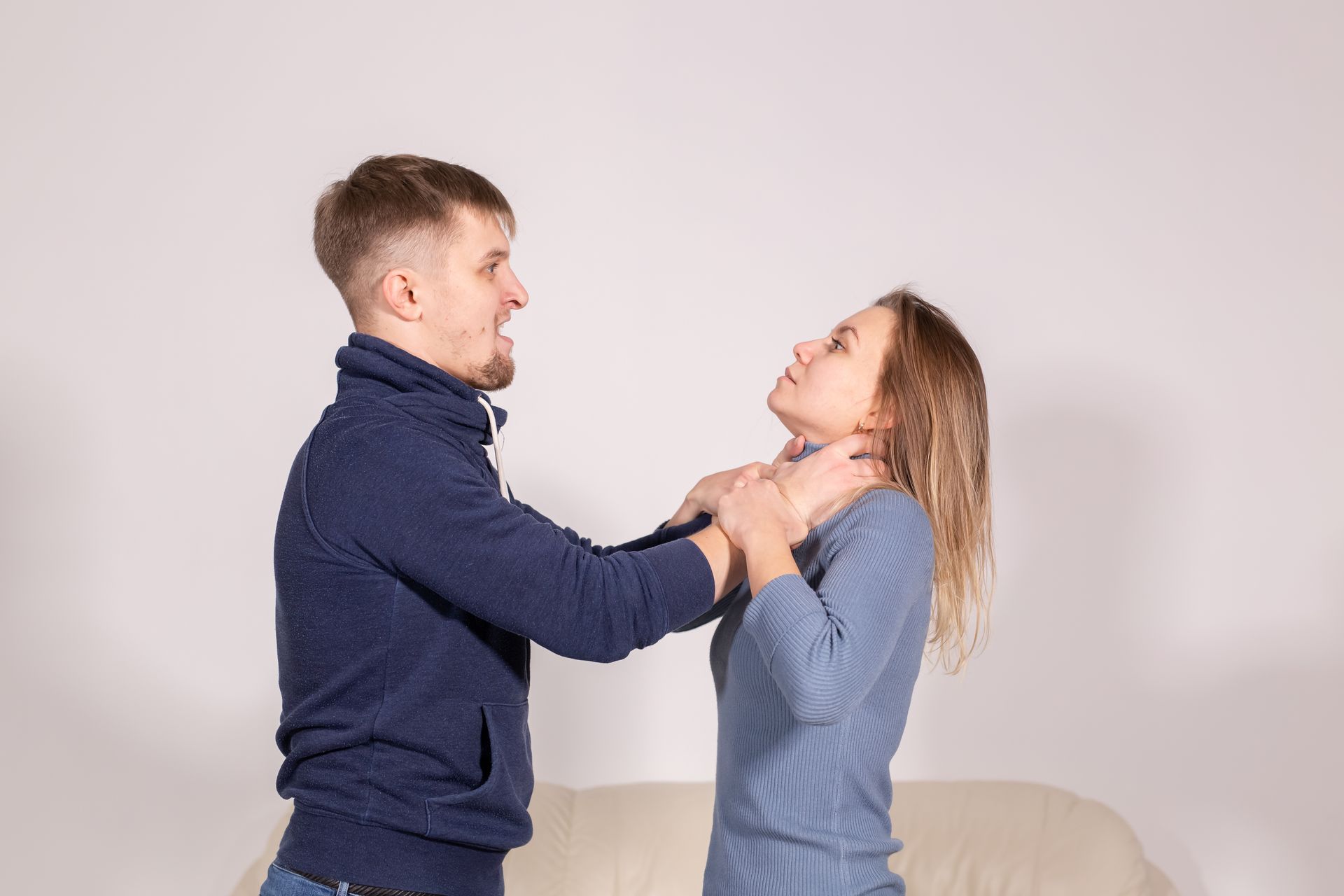Decoding the Stand Your Ground Statute in Florida
The Stand Your Ground statute in
Florida has been a topic of debate and controversy since its inception. This self-defense law allows individuals to use deadly force if they believe it is necessary to prevent death or great bodily harm, without the obligation to retreat first. However, the interpretation and application of this law can be complex and nuanced, leading many to question its implications and limitations.
In this blog, we will delve into the
Stand Your Ground statute in Florida, breaking down what you need to know in order to navigate this legal landscape effectively. From defining key terms to understanding case precedents, our goal is to provide you with a comprehensive guide on this crucial legislation for your own protection and well-being.
Key Components of the Stand Your Ground Statute
No Duty to Retreat: One of the main components of the Stand Your Ground statute in Florida is that individuals have no duty to retreat if they believe their life is in danger. This means that you are legally allowed to defend yourself, even if there may have been a chance to escape the situation.
Use of Force: Under this law, individuals are permitted to use force, including deadly force, if they reasonably believe it is necessary to prevent death or great bodily harm to themselves or others. This allows for self-defense without fear of prosecution as long as certain conditions are met.
Immunity from Prosecution: Another key component is immunity from both criminal prosecution and civil liability when using justifiable force under the Stand Your Ground law. If a court determines that your actions fall within these guidelines, you cannot be taken to trial or sued for damages related to your self-defense actions.
Common Misconceptions and Clarifications
- Misconception 1: Stand Your Ground means you have the right to shoot first.
- This is not entirely true. The Stand Your Ground statute in Florida allows individuals to use deadly force if they believe it is necessary to prevent death or
great bodily harm, but shooting first without a reasonable fear of imminent danger is not protected by this law.
- Misconception 2: There's no duty to retreat under Stand Your Ground.
- While it's true that Stand Your Ground eliminates the duty to retreat before using deadly force, it doesn't mean that you can act aggressively or provoke a confrontation and then claim self-defense under this law.
- Clarification: Self-defense still requires reasonableness.
- Even under the Stand Your Ground statute, your actions must be considered reasonable based on the circumstances you were facing at the time of the incident. It's crucial to remember that self-defense laws are designed to protect those who truly face imminent danger, not those who engage in unnecessary violence.
Implications for Self-Defense Scenarios
- Under the Stand Your Ground statute in Florida, individuals have the right to use deadly force if they believe it is necessary to prevent death or great bodily harm. This means that in a self-defense scenario, individuals are allowed to defend themselves without having a duty to retreat first.
- The statute also provides immunity from prosecution and civil liability for individuals who use deadly force in self-defense, as long as their actions meet certain criteria outlined in the law. This offers important legal protection for those involved in self-defense situations.
- However, it is crucial for individuals to understand the specific requirements of the Stand Your Ground statute and ensure that their actions align with these guidelines before using deadly force in a self-defense situation. Seeking legal counsel can provide clarity on how this law applies to individual circumstances and help protect one's rights and interests.
Navigating the Legal Landscape: Practical Tips and Advice
Understanding the Stand Your Ground Law
- Florida's Stand Your Ground law allows individuals to use deadly force in self-defense without the duty to retreat if they believe it is necessary to prevent death or great bodily harm.
- It is crucial to understand that this law does not grant immunity from prosecution; instead, it provides a legal defense for those who meet certain criteria.
Navigating the Legal Process
- If you find yourself in a situation where you need to defend yourself using deadly force under the
Stand Your Ground law, it is essential to act within the boundaries of the statute and seek legal counsel immediately.
- Documenting all details of the incident and cooperating with law enforcement are key steps in navigating through potential criminal charges and ensuring your rights are protected.
Contact Hanlon Law for Self Defense Cases in Orlando, FL
If you are facing a self-defense case in Orlando, FL, and need expert legal assistance, contact Hanlon Law. Their experienced team specializes in defending clients under Florida's "Stand Your Ground" law, ensuring your rights are protected in cases involving self-defense. Contact Hanlon Law for personalized, professional legal representation in your case.
Hanlon Law
300 S Orange Ave Ste 1160
Orlando, FL 32801
(407) 987-3836












